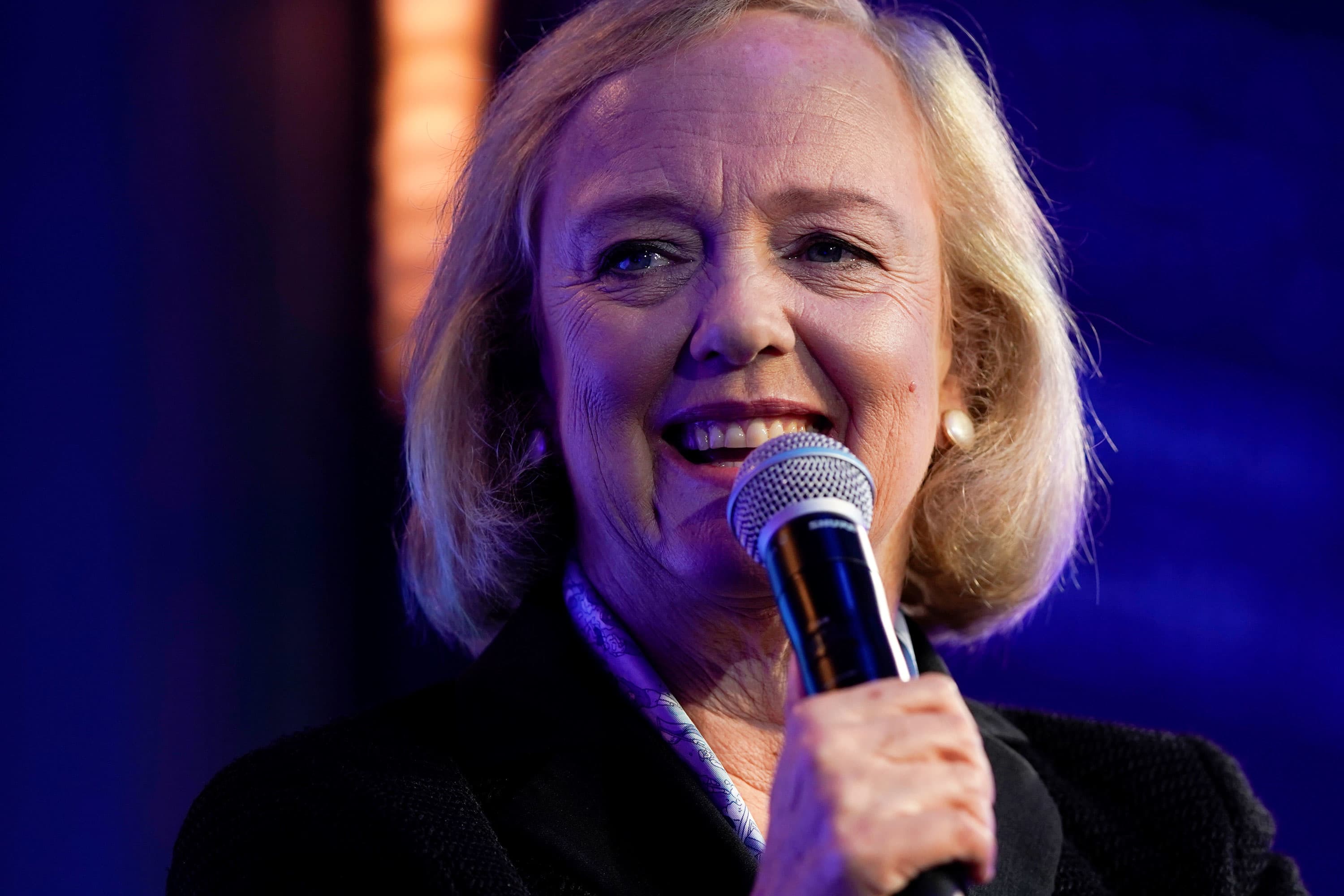Steadfastness and fortuity can only hold up to so much scrutiny before it submits to external influences. Or so it goes with the Yahoo-plus-Google search advertisement revenue sharing deal that the two Web giants have been pushing for the last several months.
I can’t say I didn’t expect this to happen. Of course, anything could occur. Google could have played its cards stiff all the way though. But really, what interest would the company or its partner-to-be have in instituting their pre-agreed arrangement without the official okay or approval of the U.S. Department of Justice? The terms wouldn’t bring phenomenal amounts of cash to either entity, anyway, so they’re just going to wait this one out. A logical last-minute position to take, this seems to be.
According to Kara Swisher of AllThingsD’s BoomTown blog, who has been avidly and incessantly following movements made by various parties in the search world for quite some time, Google spent some of its lobbying power this past week, which has in the past few years has purportedly grown a great deal in strength and influence, to assuage regulators’ concerns about the ad play. But a letter released Thursday by the office of Senator Herb Kohl, chairman of the Antitrust Subcommittee, and addressed to Assistant Attorney General Thomas Barnett, hints very plainly at the company’s non-success at forward motion. In Kohl’s words:
While we have conducted a careful review of this transaction, we do not have the benefit of the confidential business information supplied by the companies to the Department nor the economic models necessary to predict consumer and advertiser behavior. Determining the competitive effects of this transaction, moreover, requires us to predict the future of a young and dynamic market. Nonetheless, we conclude that important competition issues are raised by this transaction. Should the amount of advertising outsourced by Yahoo to Google grow significantly, we believe the threat to competition will also increase.
Recognizing the nascent and fast-changing nature of this marketplace, we encourage the Department to continue to monitor the state of competition in this industry, whatever the outcome of its current investigation. If, over time, you determine that Google is gaining a dominant market position as a result of the Google-Yahoo agreement, then we would encourage the Justice Department to intervene to protect competition. Even should you conclude at present that this deal is not contrary to antitrust law, the Department must be sure that this deal never in the future crosses the line into an unacceptable, anti-competitive collaboration among competitors which will harm consumers and advertisers.
Statements made by executives at Google and Yahoo over the matter in the last month or two have certainly gone to reasonable lengths in making the technical case for their agreement. And Web-based discourse has not been short of arguments for and against the deal. Yet, those against seem to have spoken more loudly, and in greater numbers. Having groups like the World Association of Newspapers, a Paris-based body, and the Association of National Advertisers, a collection of some 400 marketers, big and small, can most definitely help to raise the profile of topic as contentious as this. Indeed, the more attention is paid, the less that the charmers of Mountain View and Sunnyvale can really finagle their way to an “easy” green light.
And having it pass through DOJ inspection without much trouble might have been what the companies were expecting. Perhaps because the financial benefit for one or both companies isn’t so immense. And because there’s that non-exclusive tag they have been attaching to most every public portrayal they make about the agreement. Alternatively, some observers have taken the line that Yahoo-Google was never meant to be, and that it was just to shake the head of Microsoft. A strategy of convenience. Yahoo is naturally a competitor to Google, but there’s a lesser-of-two-evils element to consider. “Let’s be frenemies for the time being,” is the general idea. I walk somewhere down the middle with regard to these premises. Both help paint the picture, I think.
Either way, Google and Yahoo have decided to do what was pretty much unavoidable, given the heat of the moment. It’s difficult to predict where this new October semi-surprise (if you can call it that) will go, but regulators heightened concern over potential abuse. Hence these last few weeks of intensified troubles. You might loosely say Google and Yahoo’s real estate venture has been put on hold due to broader turmoil in the housing market. Is this a case of wrong place, wrong time?
(Image credit (top): Welsh Highland Heritage)
Business
---
Related Articles at Mashable | All That's New on the Web:
Yahoo Starts Layoffs While Deciding What To Do Next
The Daily Poll: Is Yahoo Shine Competing with YPN Publishers?
Vince Broady Leaves Shrinking Yahoo Media Group
Yahoo Gets Better Consumer Rating than Google
Zoho Suite Opened To Google, Yahoo Users
What is Yahoo’s Next Move? [Poll]
Yahoo and Google Sued Over Their Names



